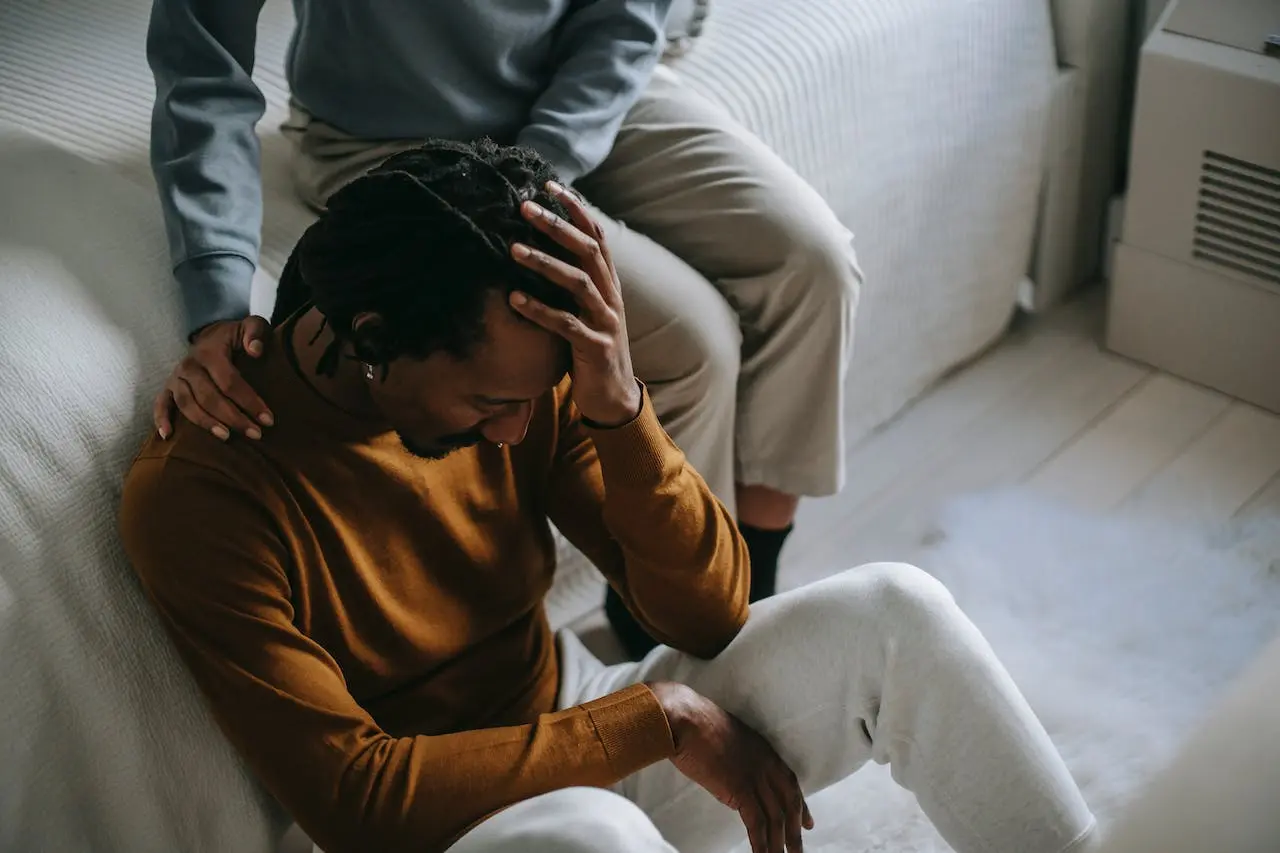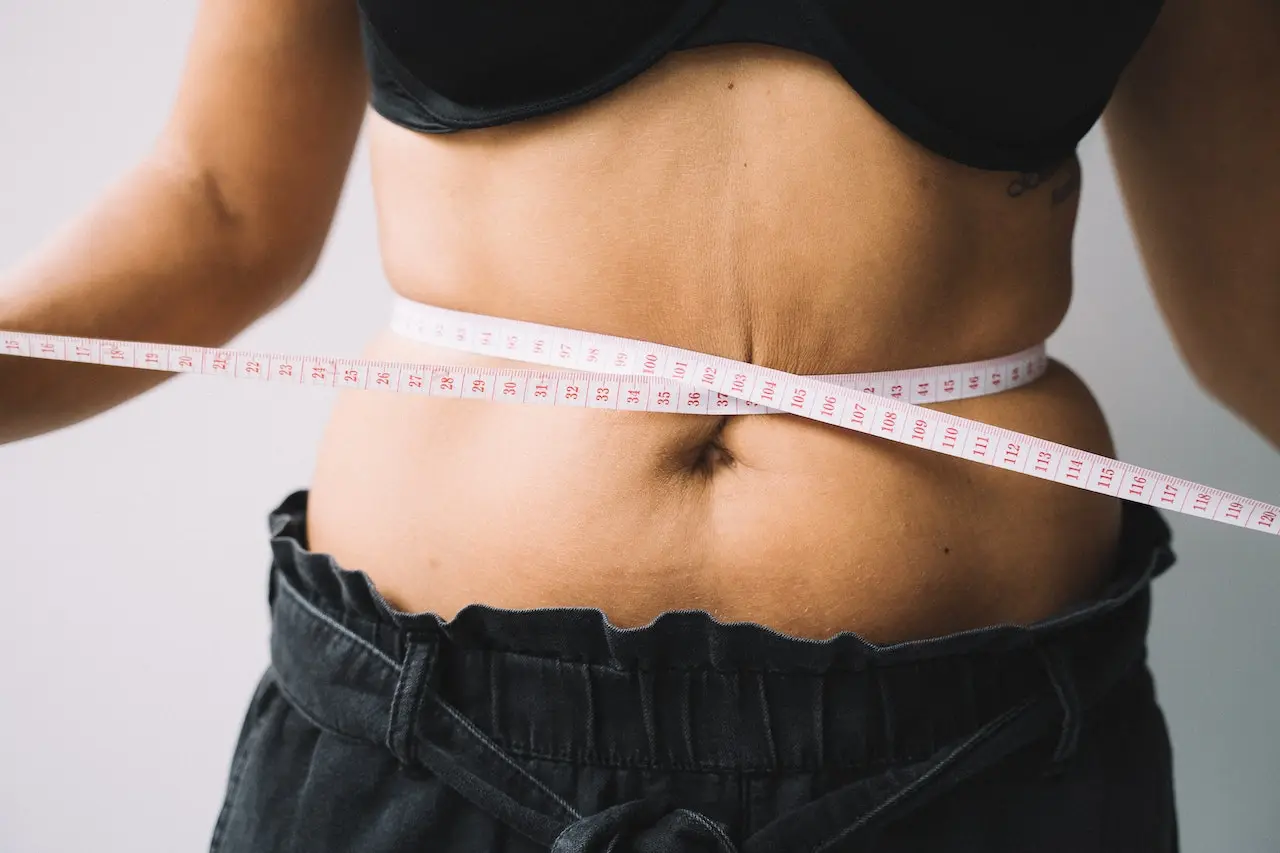Night sweats refer to excessive sweating during sleep, which can leave you soaked in sweat and disrupt your rest.
Different factors unrelated to intermittent fasting can contribute to night sweats, including hormonal changes, medications, medical conditions, and lifestyle choices.
In this blog post, we will only focus on night sweats that are associated with intermittent fasting.
We will not focus on night sweats that are directly caused by the other known causes of night sweats(think alcohol use disorder, anxiety disorders, autonomic neuropathy, brucellosis, carcinoid tumors, drug addiction, etc.).
As to whether intermittent fasting can cause night sweats…
Can Intermittent Fasting Cause Night Sweats?
The quick answer is yes, intermittent fasting can cause night sweats – this is true, especially for prolonged fasts.
There isn’t a lot of scientific research on this particular topic, but from what people have shared anecdotally, there seems to be a possible link between intermittent fasting and night sweats.
Keep in mind, though, that everyone’s experience can be different, and not everyone who fasts will necessarily experience this problem.
In the next section, I’ll explain the mechanisms through which intermittent fasting causes night sweats.
What Might Cause Night Sweats When Intermittent Fasting?
- Low blood sugar/hypoglycemia.
During fasting, the body may experience a decrease in blood sugar levels/hypoglycemia.
Excessive production of adrenaline occurs when your blood sugar levels become too low, leading to the occurrence of sweating. - Hormonal changes.
Fasting can lead to fluctuations in hormone levels, such as cortisol and growth hormone.
These hormonal shifts could potentially impact the body’s temperature regulation and contribute to night sweats. - Body temperature regulation.
The body’s thermoregulation system may be influenced during fasting, which can lead to an increased tendency to sweat at night.
Changes in body temperature regulation can also occur as a result of altered metabolic processes during fasting.
Again, there isn’t a lot of research on the link between intermittent fasting and night sweats, and everyone’s experiences can be quite different.
How To Manage Night Sweats During Intermittent Fasting.
If you’re experiencing night sweats while practicing intermittent fasting, here are some strategies that may help:
- Consider meal timing and composition.
Pay attention to the timing and contents of your meals during the eating window.
Certain foods or larger meals close to bedtime may increase the likelihood of night sweats.
Experiment with different meal options to find what works best for you. - Choose comfortable sleepwear.
Opt for loose-fitting, lightweight pajamas made of breathable materials like cotton to promote airflow and reduce overheating. - Stay active during the day.
Incorporate regular exercise into your daily routine to regulate body temperature and promote overall well-being. - Keep your bedroom cool.
Utilize a bedroom fan, open windows for fresh air circulation, or use air conditioning to create a cool sleep environment that discourages excessive sweating. - Mind your triggers.
Avoid common triggers for night sweats such as alcohol, spicy foods, caffeine, cigarettes, or exercising immediately before bed, as they can contribute to increased sweating. - Seek medical advice if necessary.
If night sweats persist, significantly impact your well-being, or are accompanied by other concerning symptoms, you should consult with a healthcare professional to rule out any underlying medical conditions.
Always remember to stay hydrated, and sip refreshing cool water during the night to help maintain your body’s hydration levels.



